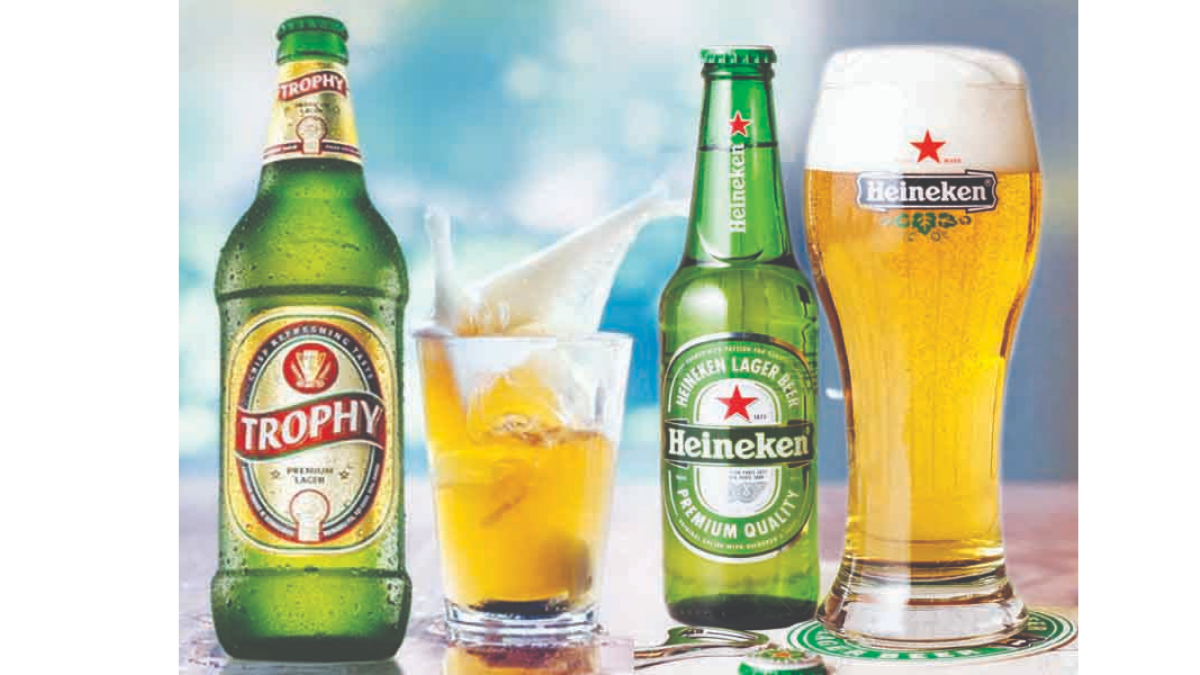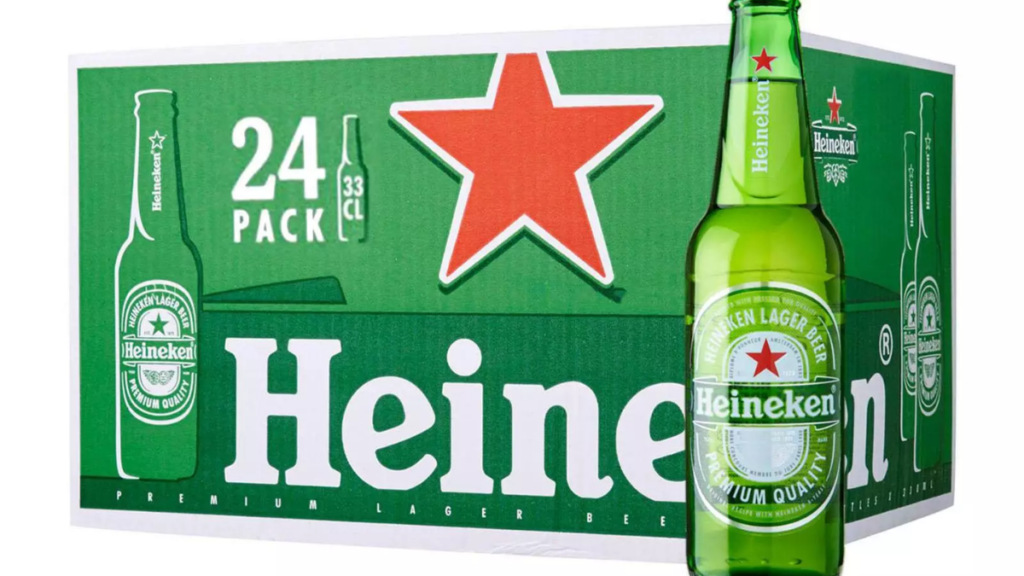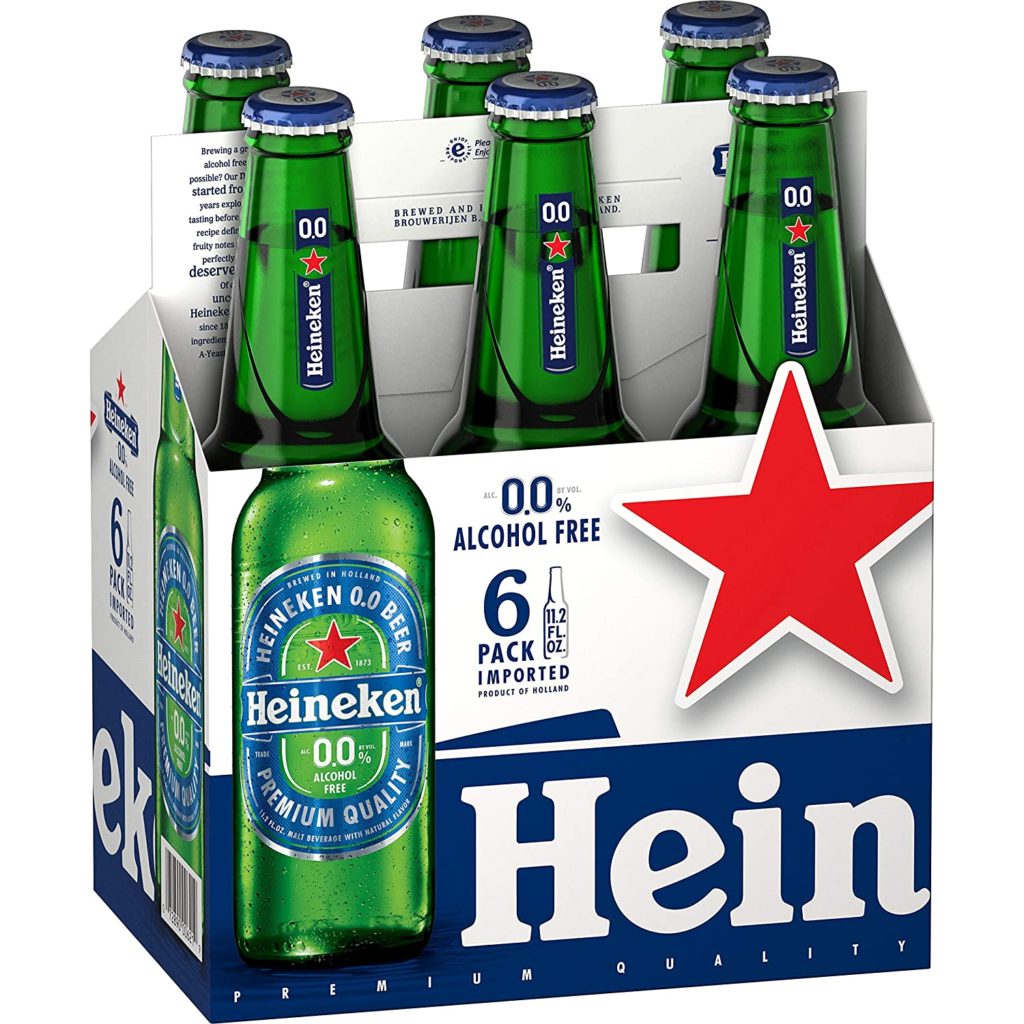The light beer Heineken Premium Light Beer is brewed in Holland. In this article, you will get all the crucial information about Heineken premium light beer nutrition facts. This brew is minimal in calories and carbs, and it has no fat. 750mL bottles of beer are also available. For those watching their weight, Heineken Light is a fantastic option; it has no calories or sugar and is an excellent alternative for anyone looking to shed a few pounds.
Even though the amount of alcohol in light beer is lower than in other types, it is not inherently healthier than other forms of beer. The amount of alcohol drank, the frequency with which it is consumed, and the mental health issues linked with alcohol all play a role in determining whether or not a drink is beneficial. Some beers with fewer calories may also have more vitamins and nutrients, while others contain less sugar. There are no hard and fast rules concerning which types of beer are healthier, so study the label carefully.
Heineken Premium Light Beer Nutrition Facts
While Heineken premium lite isn’t as horrible as other beers, it isn’t always superior. The amount of alcohol in a beer and the amount of food consumed are both affected by various factors. It’s not a perfect comparison, but a light beer may not be healthier than other varieties of beer. It’s best to evaluate the side of the beer by the side to see which is the most beneficial option. Here’s a table for the nutritional information of Heineken Premium Light Beer:
| Nutrient | Amount per 12 fl oz (1 bottle) | % Daily Value* |
| Calories | 99 kcal | 5% |
| Total Fat | 0 g | 0% |
| Saturated Fat | 0 g | 0% |
| Trans Fat | 0 g | |
| Cholesterol | 0 mg | 0% |
| Sodium | 8 mg | 0% |
| Total Carbohydrates | 7 g | 2% |
| Dietary Fiber | 0 g | 0% |
| Sugars | 0 g | |
| Protein | 0.9 g | 2% |
| Vitamin A | 0 IU | 0% |
| Vitamin C | 0 mg | 0% |
| Calcium | 0 mg | 0% |
| Iron | 0 mg | 0% |
*Percent Daily Values are based on a 2,000-calorie diet. Your daily values may be higher or lower depending on your calorie needs.
Is Heineken Light A Good Beer To Drink?
Heineken Light is a light beer with a golden color and a faint malty aroma. This Dutch beer was first made in 2005 and created for the American market. In addition to having a low ABV, each 12-ounce serving has 99 calories and seven carbohydrates.
On RateBeer, Heineken has a 2.1 out of 5 ratings, 2.73 on BeerAdvocate, and 2.86 on Untappd. This isn’t exactly setting the globe ablaze. According to YouGov’s analysis, it has a 47 percent “popularity score,” just a hair higher than Guinness Draught.
Is It True That Light Beer Is Beneficial For You?
Light to moderate beer consumption has been linked to a lower risk of heart disease, better blood sugar control, stronger bones, and a lower risk of dementia Beer washes out the system and raises HDL levels.
According to some research, drinking just one beer daily can increase HDL levels by 4%. The social components of moderate drinking are undeniably health-promoting.
Which Beer Is The Healthiest?
Heart-Healthy Beer Yuengling has a lot of taste while being low in calories. An average glass of Yuengling Light Lager includes around 99 calories while still providing beneficial phenols. Abita also uses actual raspberries in its brew, which helps cut through some ales’ bitterness. 0 If you like the taste of beer but want to cut back on calories, opt for a light beer. These beers are all under 100 calories: 55 oz. Budweiser Select (55 calories) Miller is 64 years old (64 calories)
Is It Acceptable To Consume Beer Daily?
A good rule of thumb for persons who drink alcohol is to drink one alcoholic beverage each day or at least 3 to 4 days per week. However, limit yourself to two drinks per day. More than two drinks per day can increase the chance of death from any cause, including heart disease. In conclusion, most people can drink one to two beers each day without harming themselves. Drinking more than that regularly puts you at risk and can often negate the health benefits of beer consumption. It’s a delicate balance to strike.
Is Beer Healthy For The Stomach?
Beer’s bitter acidity may help aid digestion. A 2012 study published in the Journal of Agricultural and Food Chemistry looked at five different German and Austrian beer types and discovered that they all caused stomach cells to secrete gastric acid. The higher the sensitivity, the more bitter acids were present in the drink. A New Study Reveals the Benefits of Taking Probiotics (Video) Put your Activia down. There may be a more fun approach to boost intestinal health: beer. According to a professor at Amsterdam University, when eaten in moderation, strong beers can be “very, very healthy” for gut health.
Is Beer Superior To Whiskey?
Whisky is a spirit. Therefore it’s a lot stronger than beer, and it’s also a lot more dangerous. When compared to whiskey, beer is less expensive and contains less alcohol. 2. Whiskey includes a high concentration of ethanol, which can cause cancer Alcohol is fundamentally the same whether it’s found in hard liquor or beer. Ethanol, a recreational substance, is found in all alcoholic beverages. The issue with hard liquor is that it is far more potent than beer. By volume, a liquor bottle can contain roughly 40% more alcohol than a can of beer.
The nutritional value of a beer is determined by the amount of alcohol ingested, the frequency with which it is consumed, and the mental health risks. Furthermore, the food eaten outside the brewery is equally as essential as the beer itself. Simply because a light beer lacks the same nutrients as other beers do not imply that it is healthier. Even if a beer has more calories, it can have more nutrients or less sugar than another. As a result, things aren’t as black and white as they appear.
How many calories are absorbed when drinking beer is a question of personal preference. However, just because a beer is lower in calories does not mean it is unhealthy, and a drink with fewer calories and sugar isn’t always unhealthy. While lighter beers may be lower in calories, they may also lower nutrients. Finally, the amount of alcohol in a beer is determined by the frequency with which it is drunk, as well as one’s mental state. It’s not black and white, and comparing the two is impossible.
Conclusion
Alcohol use isn’t the sole element determining whether someone is healthy. Other aspects include the frequency with which alcohol is drunk, the amount of food consumed elsewhere, and the mental health consequences of drinking. Light beer does not always imply that it is healthier than other types of beer, and some beers have higher sugar content but are lower in calories and carbs. It’s not always easy to tell which beer is better for you because it’s not black and white.
As you can see, beer consumption is beneficial to your general health. It is possible to have a balanced diet without consuming excessive amounts of alcohol, but quantity and frequency are also important considerations. To avoid alcohol-related illnesses, you should eat healthy meals in addition to the alcohol. Just because a beer is a light doesn’t mean it’s better for you than other drinks. Some beers have fewer calories than others, while some have more carbohydrates and sugar. So evaluating a beer’s calorie, fat, and carbohydrate content aren’t as straightforward as it may appear.



